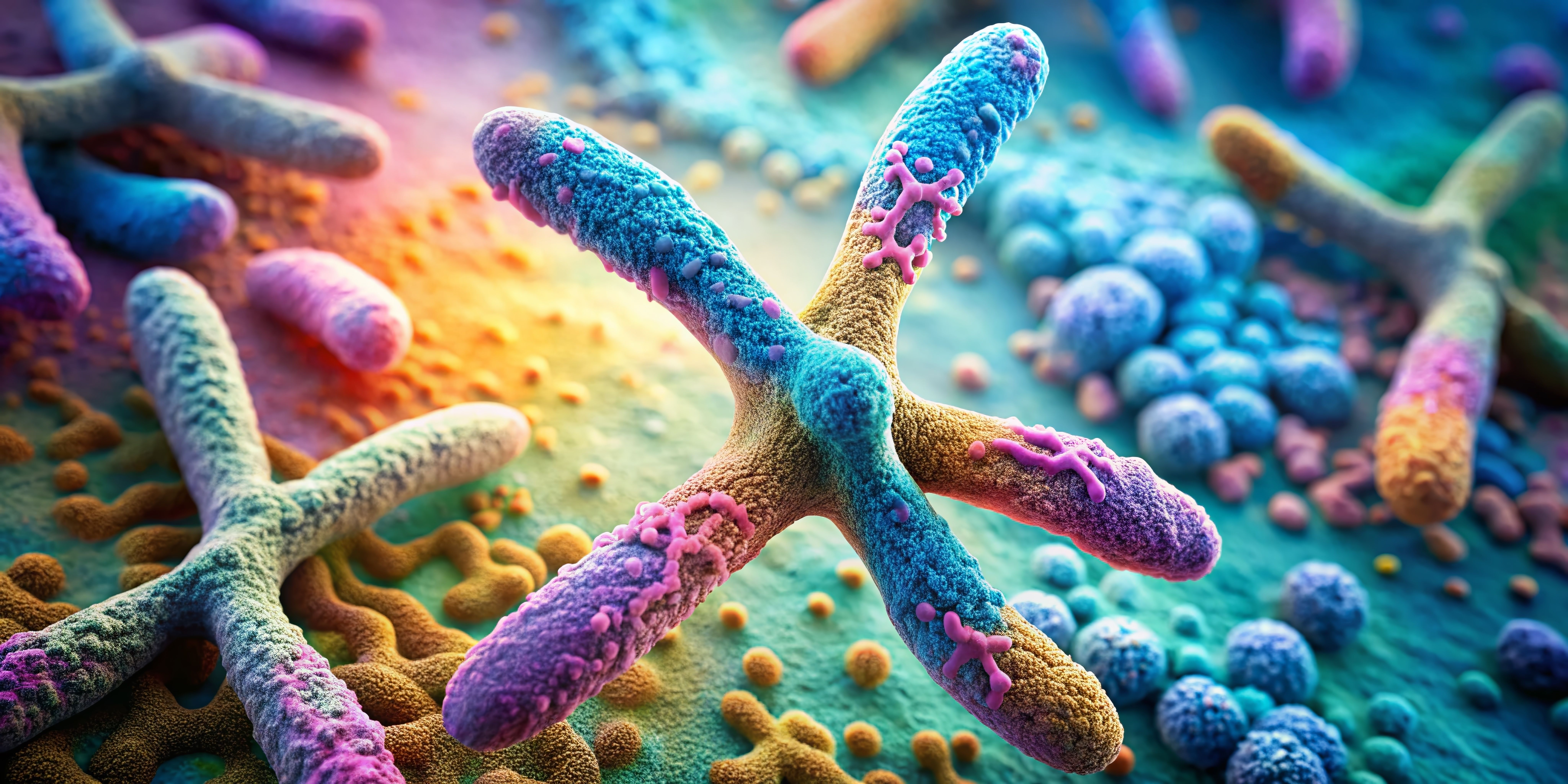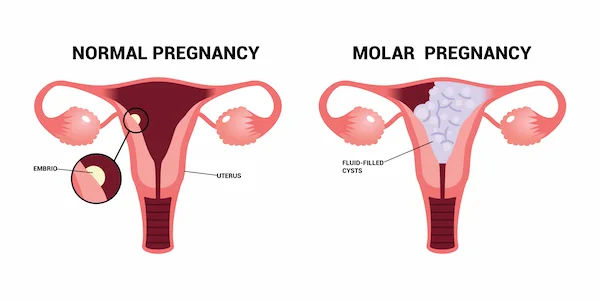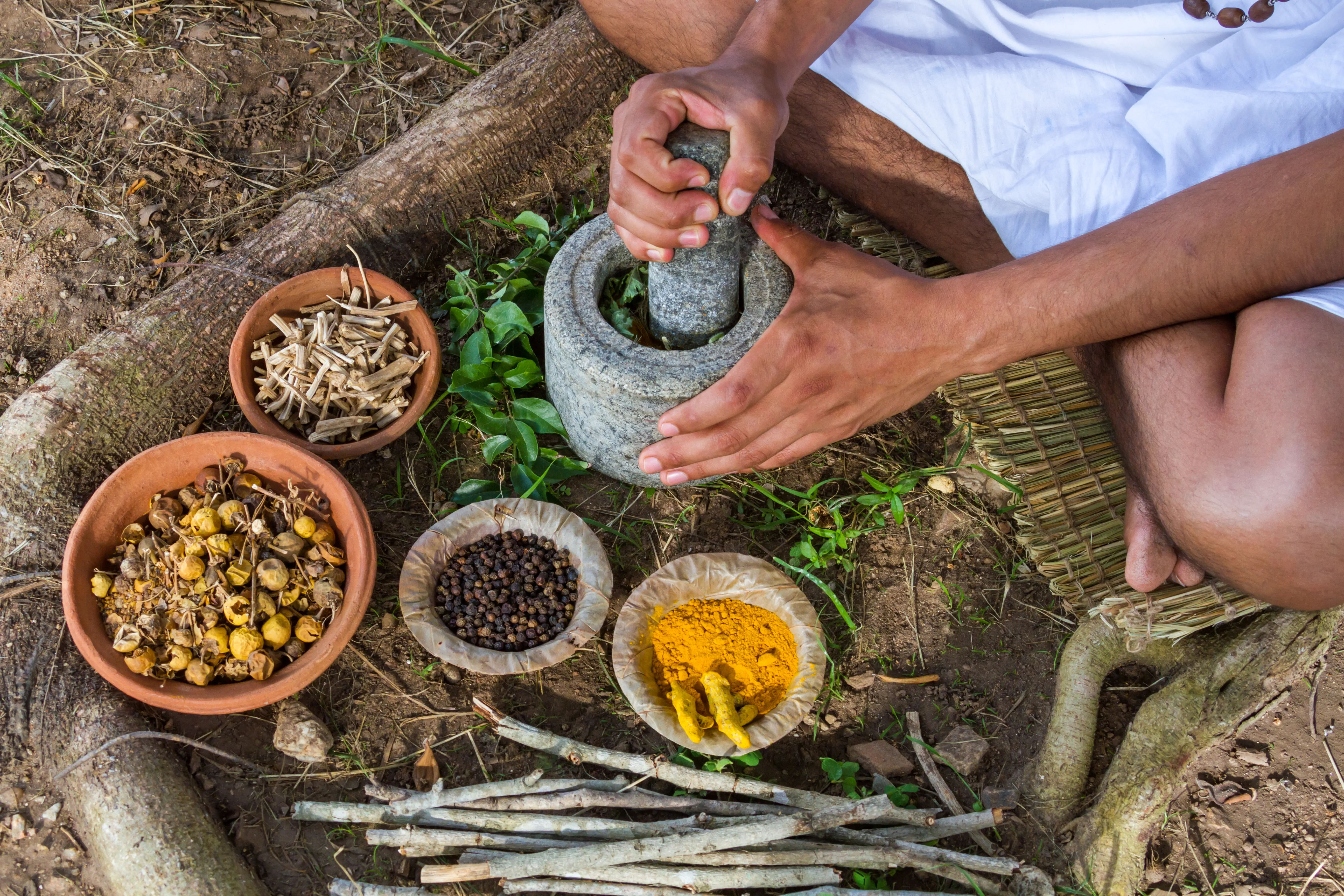Guide to What Do You Need Know About Rotator Cuff Injury
Understand the symptoms, causes, and treatment options for a rotator cuff injury. This comprehensive guide provides essential information on diagnosis, recovery, and prevention.

Written by Dr. Vasanthasree Nair
Reviewed by Dr. Shaik Abdul Kalam MD (Physician)
Last updated on 13th Jan, 2026

Introduction
That nagging pain in your shoulder when you reach for a high shelf or the sharp ache that wakes you up at night—it could be a sign of a rotator cuff injury. This common shoulder problem affects millions of people, from elite athletes to weekend gardeners. Understanding what the rotator cuff is, how it gets injured, and what you can do about it is the first step toward finding relief and restoring function. This guide will walk you through everything you need to know, from identifying the early symptoms and getting an accurate diagnosis to exploring the full spectrum of treatment options, both surgical and non-surgical. We’ll also provide practical tips for prevention and recovery, empowering you to take control of your shoulder health and get back to doing the things you love, pain-free.
What Exactly is the Rotator Cuff?
The rotator cuff isn't a single body part; it's a crucial network of four muscles and their tendons that surround the ball-and-socket joint of your shoulder (the glenohumeral joint). These muscles are:
Supraspinatus: Initiates arm lifting (abduction).
Infraspinatus: Primarily responsible for external rotation.
Teres Minor: Assists with external rotation.
Subscapularis: Provides internal rotation.
Together, they form a "cuff" that stabilizes the humeral head (the "ball") firmly within the shallow glenoid socket of the scapula (shoulder blade). This stability is essential for the wide range of motion our shoulders enjoy, allowing us to throw, lift, and reach.
Common Causes of a Rotator Cuff Tear
Rotator cuff injuries generally fall into two categories, often with overlapping causes.
Acute Injuries
These happen suddenly, often due to a specific traumatic event. An acute tear might occur from:
Falling on an outstretched arm.
Lifting something very heavy with a jerking motion.
A sudden, forceful pull or push.
A dislocated shoulder.
Degenerative (Chronic) Injuries
These are far more common and result from wear and tear over time. Factors include:
Repetitive Stress: Jobs or sports with constant overhead motion (carpentry, painting, tennis, baseball).
Decreased Blood Flow: As we age, blood supply to the tendons diminishes, impairing their natural ability to repair and leading to rotator cuff tendinitis.
Bone Spurs: Over years, bone spurs (osteophytes) can develop on the underside of the acromion bone. As we lift our arms, these spurs rub against and fray the tendon, a process called shoulder impingement.
Recognizing the Symptoms: Is Your Shoulder Trying to Tell You Something?
Early recognition of rotator cuff injury symptoms can prevent a minor issue from becoming a major one. Be on the lookout for:
Dull Ache Deep in the Shoulder: This is the most common complaint.
Disturbed Sleep: Pain that worsens at night, especially when lying on the affected side.
Arm Weakness: Difficulty lifting objects, brushing your hair, or reaching behind your back.
Limited Range of Motion: Inability to move your arm fully without pain.
A "Catching" Sensation: Or a feeling of grating or cracking when moving your shoulder.
If these symptoms persist beyond two weeks, consult a doctor online with Apollo24|7 for further evaluation and to discuss your shoulder pain treatment options.
How is a Rotator Cuff Injury Diagnosed?
Getting an accurate diagnosis is crucial. A doctor will typically:
1. Medical History and Physical Exam: They will discuss your symptoms and test your range of motion, strength, and check for pain in specific positions.
2. Imaging Tests:
* X-ray: While it doesn't show soft tissues like tendons, it can reveal bone spurs or arthritis.
* Ultrasound: Excellent for viewing soft tissues and seeing the tendons move in real-time.
* MRI (Magnetic Resonance Imaging): The gold standard for confirming a tear, showing its size, shape, and location within the muscle.
Treatment Options: From Rest to Surgery
The goal of rotator cuff tear treatment is to reduce pain and restore function. The best approach depends on the severity of the injury, your age, activity level, and overall health.
Non-Surgical Treatment
The majority of patients find relief without needing an operation. Conservative management includes:
Rest and Activity Modification: Avoiding activities that provoke pain.
Ice and Heat Therapy: Ice reduces inflammation; heat can soothe stiff muscles.
Anti-Inflammatory Medications: NSAIDs like ibuprofen can help manage pain and swelling.
Physical Therapy: The cornerstone of non-operative treatment. A therapist will guide you through rotator cuff exercises to restore flexibility and strengthen the muscles around the shoulder to improve stability.
Corticosteroid Injections: Powerful anti-inflammatory injections can provide significant pain relief to make physical therapy more effective.
Consult Top Specialists for Personalised Tips
Surgical Treatment
Surgery may be recommended if:
Conservative treatment fails after 6-12 months.
You have a large tear (>3 cm) or an acute tear from a recent injury.
There is significant weakness and loss of function.
The tear is in a young, active person.
The most common procedure is arthroscopic rotator cuff repair, a minimally invasive surgery where a surgeon uses a small camera and instruments to reattach the tendon to the bone. Recovery involves a period of immobilization followed by a strict physical therapy protocol.
The Road to Recovery: Rotator Cuff Exercises and Rehabilitation
Rehabilitation is critical, whether you had surgery or not. Rotator cuff physical therapy focuses on:
Restoring Range of Motion: Gentle stretches to combat stiffness.
Strengthening: Progressively loading the muscles of the rotator cuff, scapula, and core.
Functional Training: Gradually reintroducing movements specific to your daily life or sport.
Sample Beginner Exercise: Pendulum Swing
Lean forward with one arm hanging down. Gently swing your arm in small circles. Do not use your shoulder muscles; let the momentum come from your body.
Can You Prevent a Rotator Cuff Injury?
While not all injuries are avoidable, you can significantly reduce your risk by focusing on rotator cuff injury prevention:
Build Shoulder Strength: Regularly perform strength training for your shoulder muscles and scapular stabilizers.
Mind Your Posture: Avoid slouching, which can narrow the space where the rotator cuff tendons glide.
Take Breaks: If your job or hobby involves overhead work, take frequent breaks.
Use Proper Technique: Whether lifting weights or boxes, use your legs and core, not just your arms.
Listen to Your Body: Don't ignore shoulder pain. Early intervention is key.
When to See a Doctor: Don't Ignore Persistent Pain
It's time to seek professional help if you experience:
Pain that continues despite a week of rest.
Significant weakness in your arm.
An injury that caused immediate pain and inability to move your shoulder.
Pain that interferes with your daily activities or sleep.
If your condition does not improve after trying these methods, book a physical visit to an orthopaedic specialist with Apollo24|7 for a comprehensive assessment and personalized treatment plan.
Conclusion
A rotator cuff injury can be a frustrating and painful setback, but it is very often a manageable condition. Understanding the causes—from sudden acute tears to gradual degenerative wear—empowers you to take proactive steps in prevention. Recognizing the symptoms early, such as deep shoulder aches and night pain, is crucial for seeking timely treatment. The good news is that a wide range of effective solutions exists, with many people achieving full recovery through dedicated physical therapy and non-surgical interventions. For those who need it, modern surgical techniques offer a highly successful path to healing. The most important takeaway is to listen to your body. Shoulder pain shouldn’t be a normal part of life. By strengthening the muscles around your shoulder, maintaining good posture, and consulting a healthcare professional when pain arises, you can protect your rotator cuff and ensure your shoulders remain strong and mobile for years to come.
Consult Top Specialists
Frequently Asked Questions (FAQs)
1. What does a torn rotator cuff feel like?
It often feels like a deep, dull ache within the shoulder, accompanied by weakness when lifting or rotating your arm. Many people experience significant pain at night, especially when lying on the injured side.
2. Can a rotator cuff tear heal on its own?
The tendon itself cannot reattach to the bone without intervention. However, with proper conservative treatment like physical therapy, many people experience a resolution of symptoms as the inflammation decreases and surrounding muscles strengthen to compensate, creating functional healing.
3. What happens if a rotator cuff tear is left untreated?
Over time, a tear can enlarge. The muscle attached to the torn tendon can atrophy (shrink) and become fatty, which can make a future repair more difficult or impossible. This can lead to chronic pain, weakness, and eventually rotator cuff arthropathy (arthritis).
4. How long does it take to recover from a rotator cuff injury?
Recovery varies widely. With conservative treatment, significant improvement is often seen in 4-6 weeks. Full recovery from arthroscopic rotator cuff surgery can take 4 to 6 months, with strength continuing to improve for up to a year.
5. Are there any new treatments for rotator cuff tears?
Yes, regenerative medicine treatments like Platelet-Rich Plasma (PRP) injections are being studied. PRP involves injecting a concentration of the patient's own platelets into the injured area to stimulate healing. While promising, it is still considered experimental for rotator cuff tears by many insurers.
Consult Top Specialists for Personalised Tips

Dr. Anand Ravi
General Physician
2 Years • MBBS
Bengaluru
PRESTIGE SHANTHINIKETAN - SOCIETY CLINIC, Bengaluru

Dr. Harshendra Jaiswal
General Physician/ Internal Medicine Specialist
12 Years • MBBS , MD (General medicine)
Kolkata
108 DHANA DHANVANTARI Clinic, Kolkata
(25+ Patients)

Dr. Vivek D
General Physician
4 Years • MBBS
Bengaluru
PRESTIGE SHANTHINIKETAN - SOCIETY CLINIC, Bengaluru

Dr Syed Mateen Pasha
General Physician
2 Years • MBBS
Bengaluru
PRESTIGE SHANTHINIKETAN - SOCIETY CLINIC, Bengaluru

Dr. Syed Ismail Ali
General Practitioner
7 Years • MBBS
Hyderabad
Apollo 24|7 Clinic, Hyderabad
Consult Top Specialists

Dr. Anand Ravi
General Physician
2 Years • MBBS
Bengaluru
PRESTIGE SHANTHINIKETAN - SOCIETY CLINIC, Bengaluru

Dr. Harshendra Jaiswal
General Physician/ Internal Medicine Specialist
12 Years • MBBS , MD (General medicine)
Kolkata
108 DHANA DHANVANTARI Clinic, Kolkata
(25+ Patients)

Dr. Vivek D
General Physician
4 Years • MBBS
Bengaluru
PRESTIGE SHANTHINIKETAN - SOCIETY CLINIC, Bengaluru

Dr Syed Mateen Pasha
General Physician
2 Years • MBBS
Bengaluru
PRESTIGE SHANTHINIKETAN - SOCIETY CLINIC, Bengaluru

Dr. Syed Ismail Ali
General Practitioner
7 Years • MBBS
Hyderabad
Apollo 24|7 Clinic, Hyderabad




